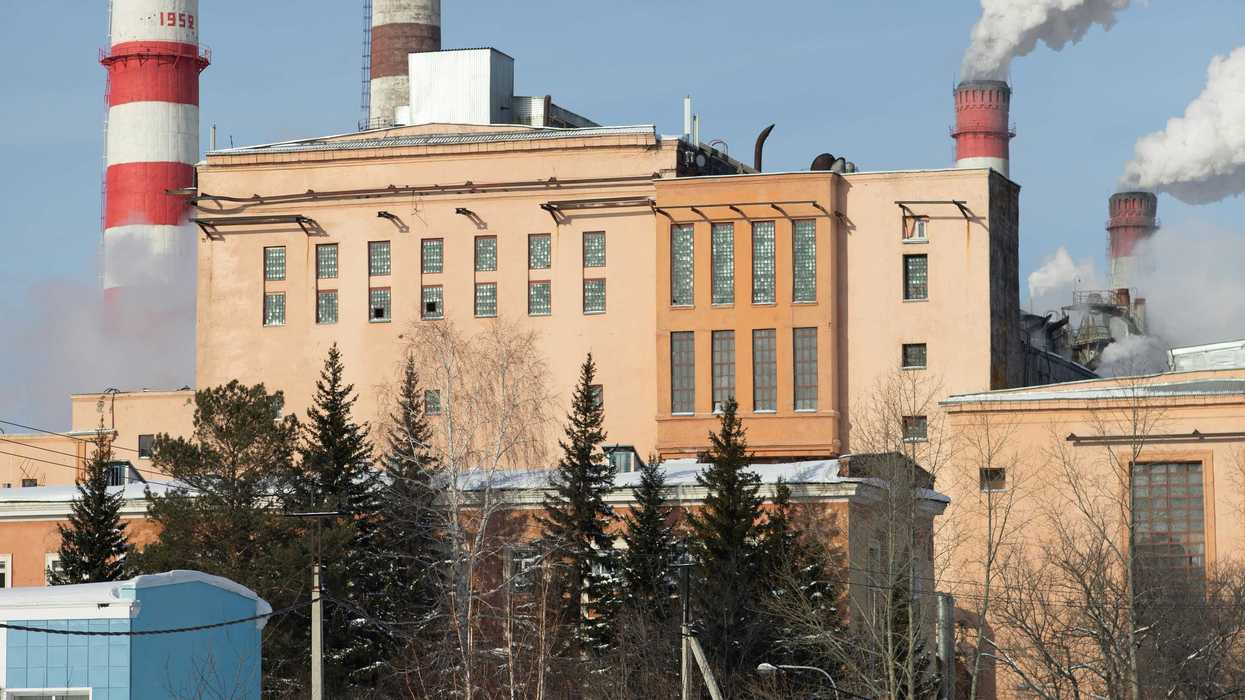Land degradation is consuming 1 million square kilometers annually, compromising the planet's ability to sustain ecosystems, food supplies and climate stability, a new report reveals.
Jonathan Watts reports for The Guardian.
In short:
- Land degradation has affected 15 million square kilometers, driven primarily by unsustainable agricultural practices that cause deforestation and soil erosion.
- The decline in land health has reduced ecosystems' ability to absorb carbon dioxide by 20%, worsening climate change.
- Affected regions include South Asia, northern China and parts of Africa, disproportionately harming low-income communities and exacerbating poverty, migration and conflict.
Key quote:
“Neglecting land degradation risks pushing humanity beyond its safe operating space, exacerbating resource pressures, poverty, migration and conflict.”
— Claudia Hunecke, scientist at Potsdam Institute for Climate Impact Research
Why this matters:
Land misuse undermines global climate and biodiversity efforts. Sustainable practices are essential to preserve ecosystems' carbon absorption and ensure food security for vulnerable populations. Addressing degradation can prevent cascading humanitarian and environmental crises.
Read more: Human activity is pushing ecosystems toward collapse, experts warn














